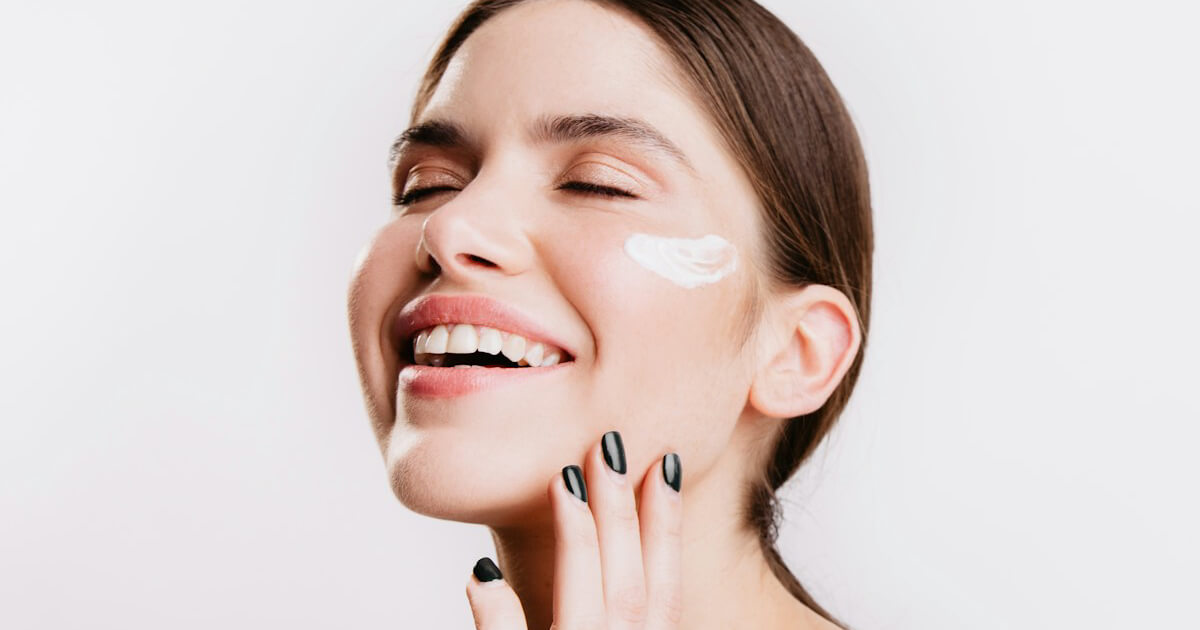For years I underestimated how much sleep and stress affected my overall health. I thought I could push through a busy schedule, catch up on sleep over the weekend, and maybe relax with a cup of tea when life got overwhelming. But my body had other plans. I noticed mood swings, stubborn weight gain, and skin that didn’t feel like my own. Only later did I realize that all of these changes were tied to one powerful connection: sleep, stress, and hormones.
Our hormones are delicate messengers, and they depend on balance to do their job well. When we sleep deeply and consistently, hormones like melatonin and growth hormone work behind the scenes to repair our cells, keep our metabolism steady, and even support radiant skin. But when we cut corners on rest, that balance is disrupted — leaving us tired, cranky, and more vulnerable to cravings and inflammation. If you’ve ever wondered how these early changes can show up, I talk more about it in my article on 5 Signs Your Hormones Are Out of Balance.
How Stress Tips the Scale
I noticed the effects of stress most during a period when everything in life felt overwhelming. My mind was racing, my body was tense, and no matter how much I tried to rest, I woke up exhausted. Stress hormones like cortisol were running the show, and they didn’t just affect my mood. They interfered with my sleep, threw off my appetite, and made it harder to stay focused. Cortisol, when it stays elevated, can disrupt estrogen and progesterone too, leading to irregular cycles, skin flare-ups, or even more intense PMS symptoms.
This is why sleep and stress are so closely linked with hormone health. One night of poor sleep raises cortisol levels, and ongoing stress makes it harder to sleep well. It becomes a cycle that’s tough to break — and yet, that’s exactly what our bodies need us to do. And if you’ve noticed changes in your skin along with sleepless nights, you’ll probably find my post on The Connection Between Hormones and Skin helpful too.
Finding Balance in the Trio
What helped me was slowing down enough to listen to my body. I started creating a bedtime routine — dimming the lights, avoiding my phone, and reading instead. At first it felt like a small change, but it had a big impact on my sleep quality. I also leaned into stress relief that actually worked for me: daily walks, deep breathing, and sometimes just journaling to clear my thoughts. Over time, I noticed I was waking up more rested, my mood was steadier, and even my skin looked calmer.
The truth is, you can’t separate sleep, stress, and hormones — they form a trio that shapes so much of our health as women. By supporting one, you support the others. Better sleep lowers stress and balances hormones. Less stress improves sleep and helps regulate cycles. Balanced hormones, in turn, make it easier to rest deeply and handle daily challenges with resilience.
If you’ve been feeling off lately — whether it’s low energy, restless nights, or skin that won’t cooperate — it might not be just one issue. Often, it’s this secret trio quietly pulling the strings. And the good news? Small, consistent steps toward better rest and calmer days can shift everything back into balance.




